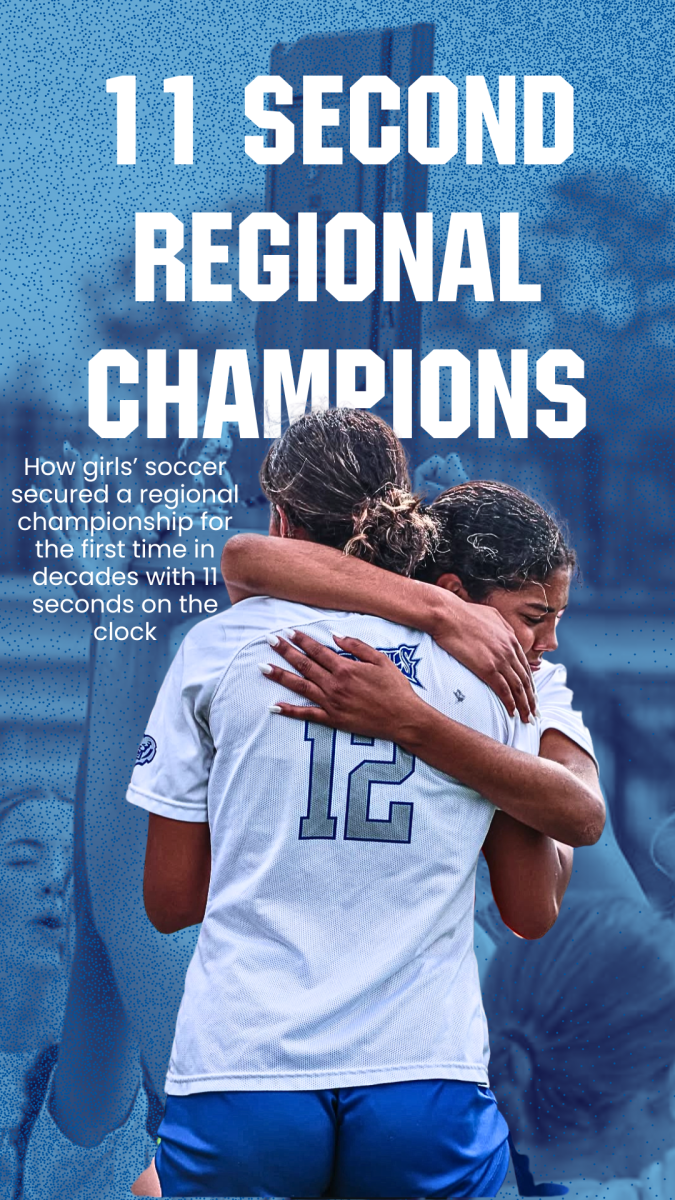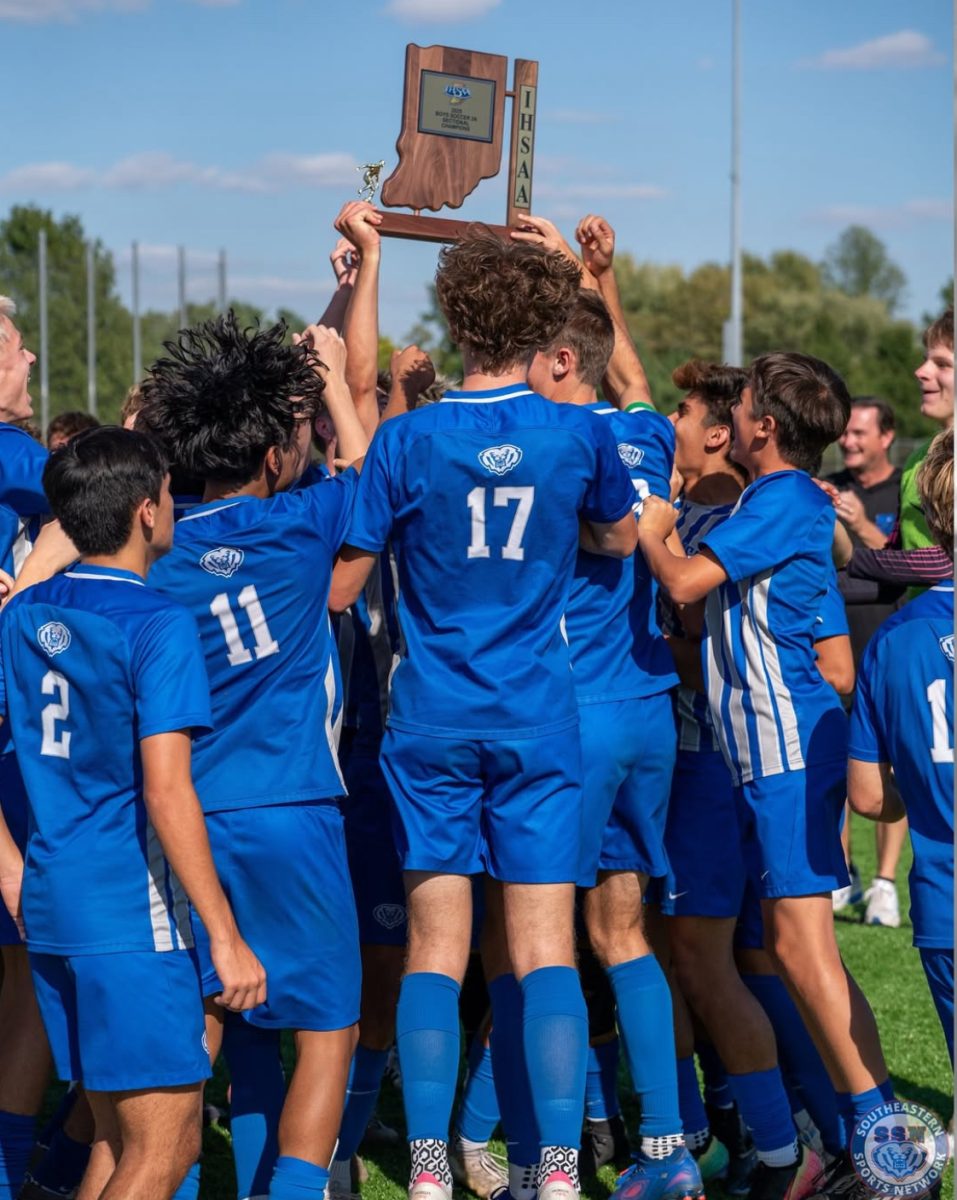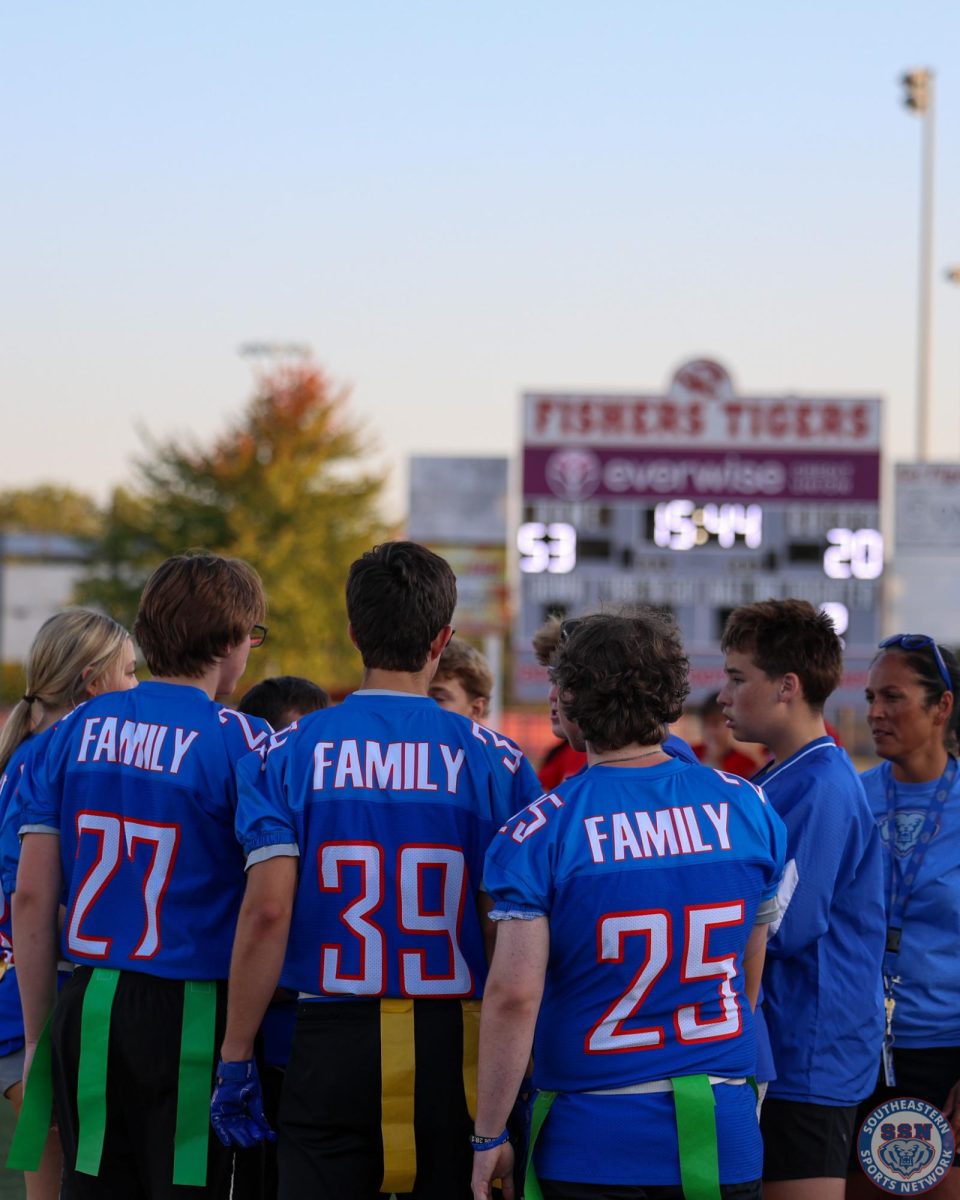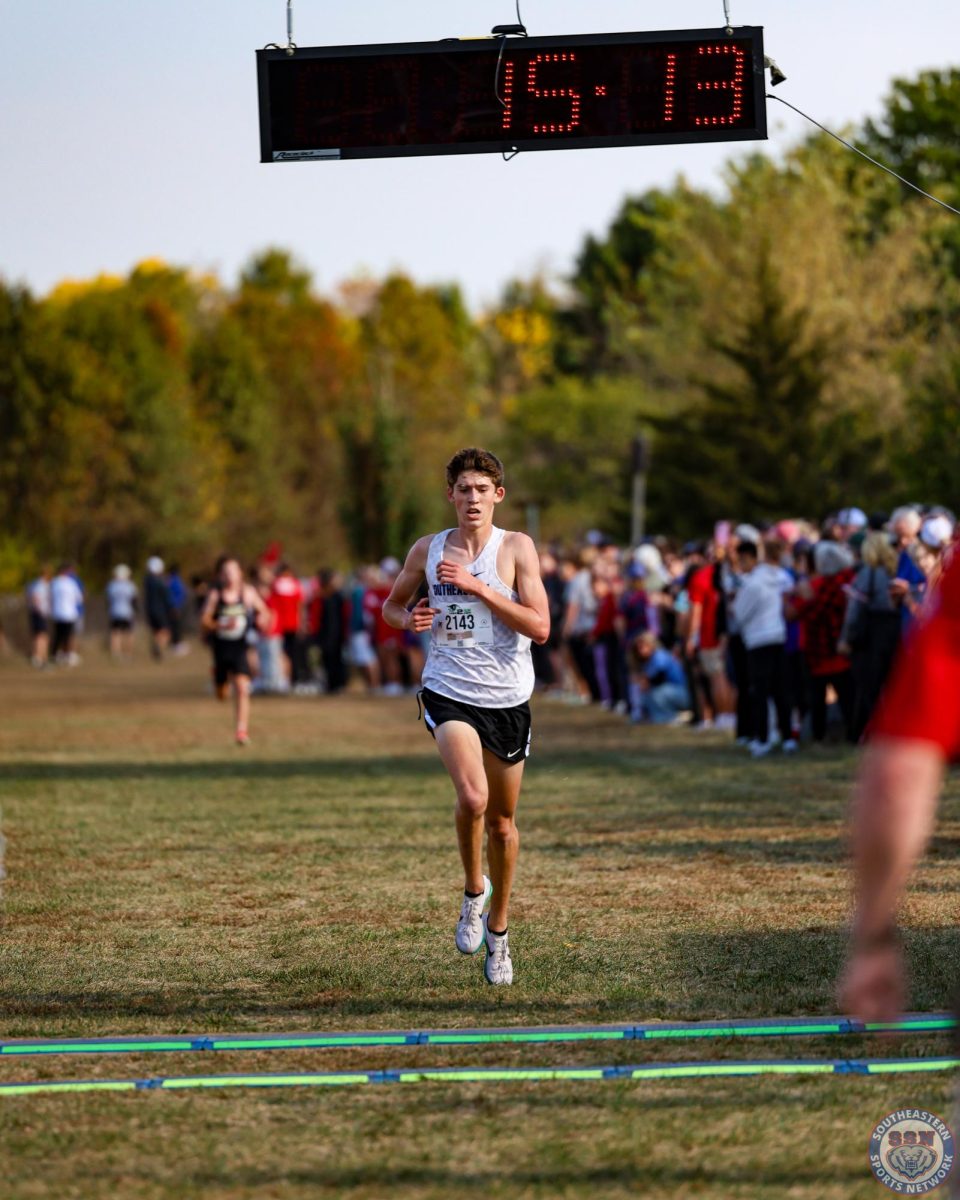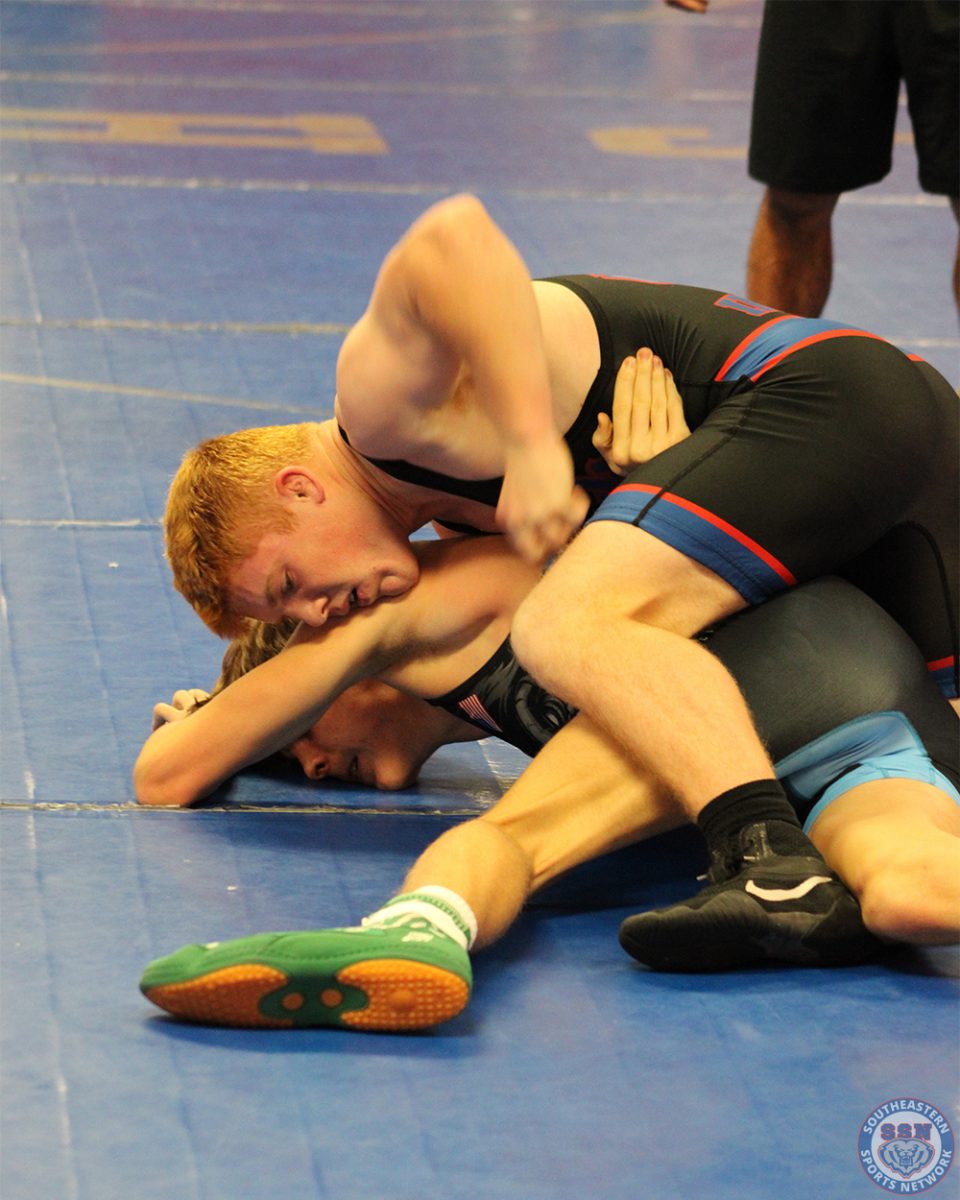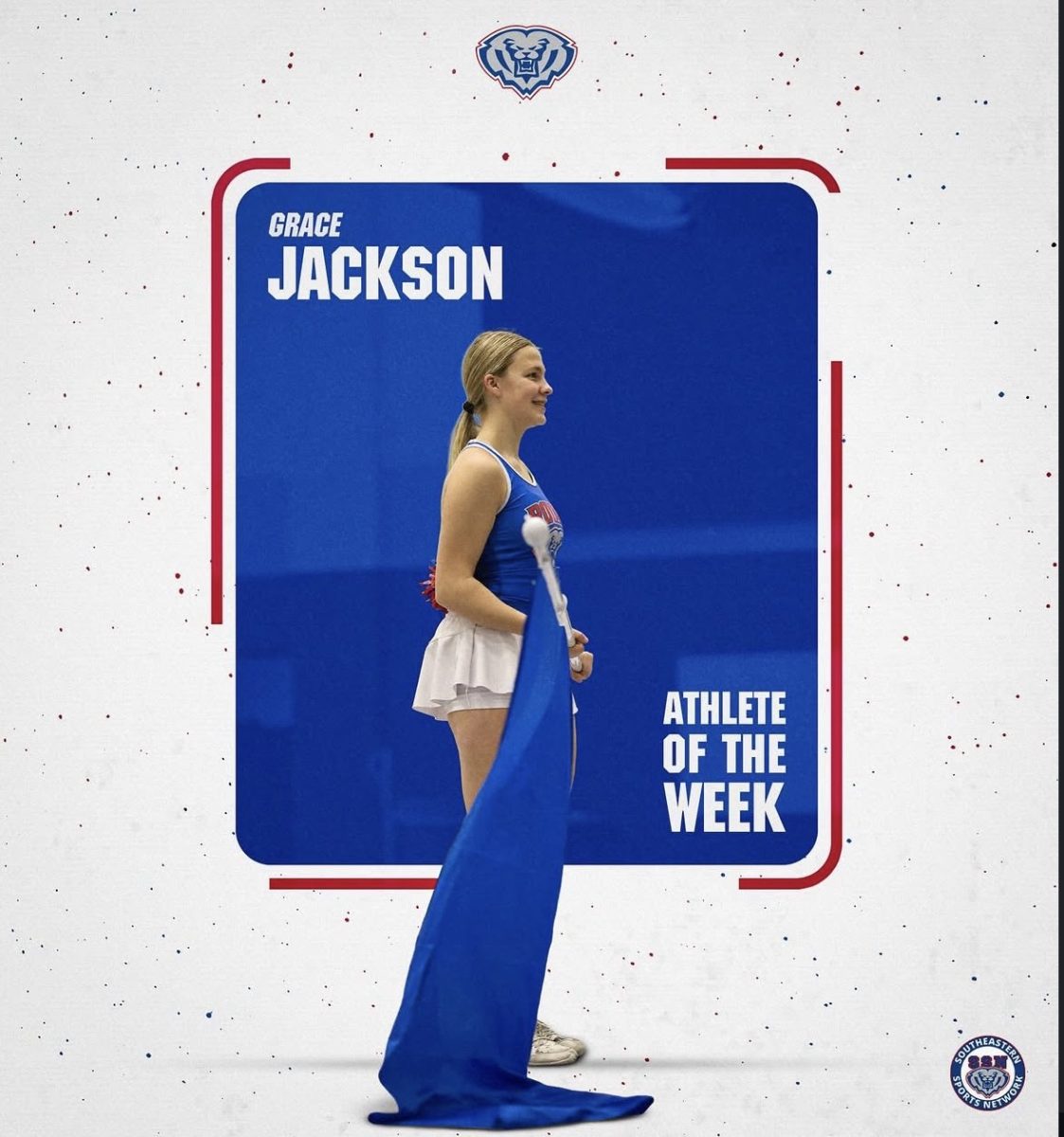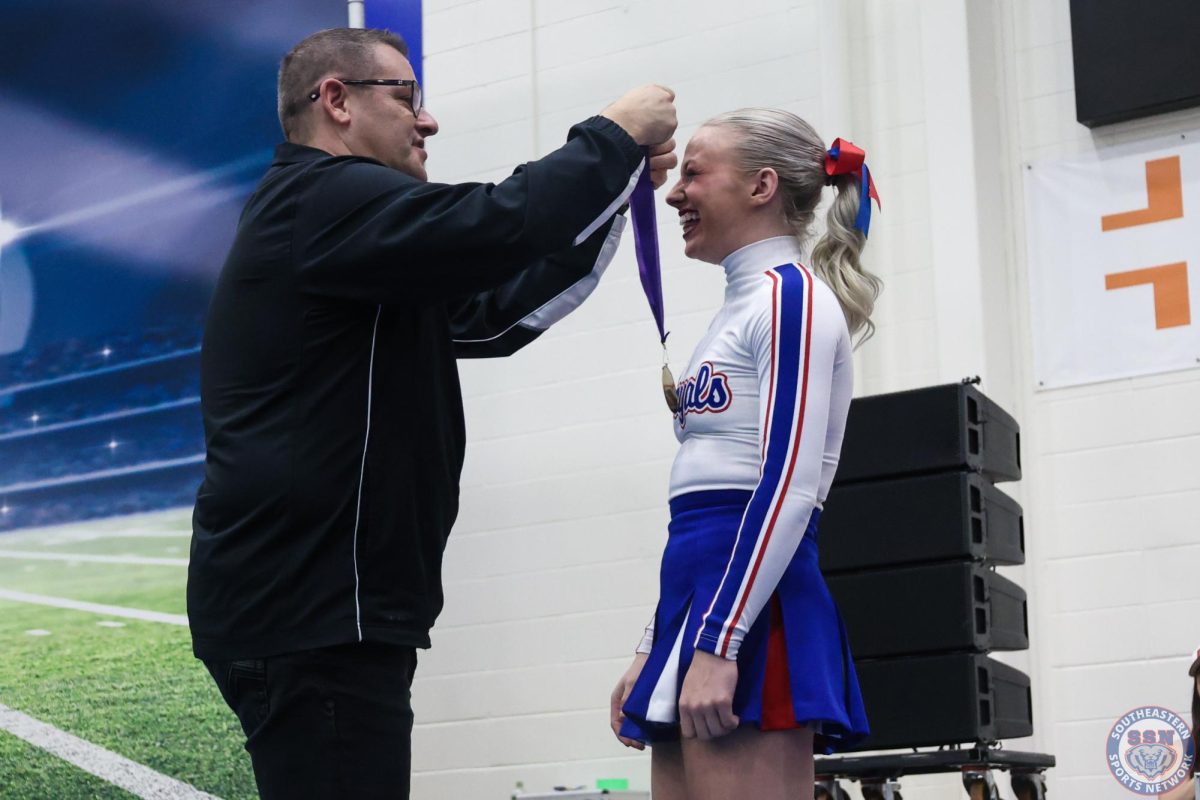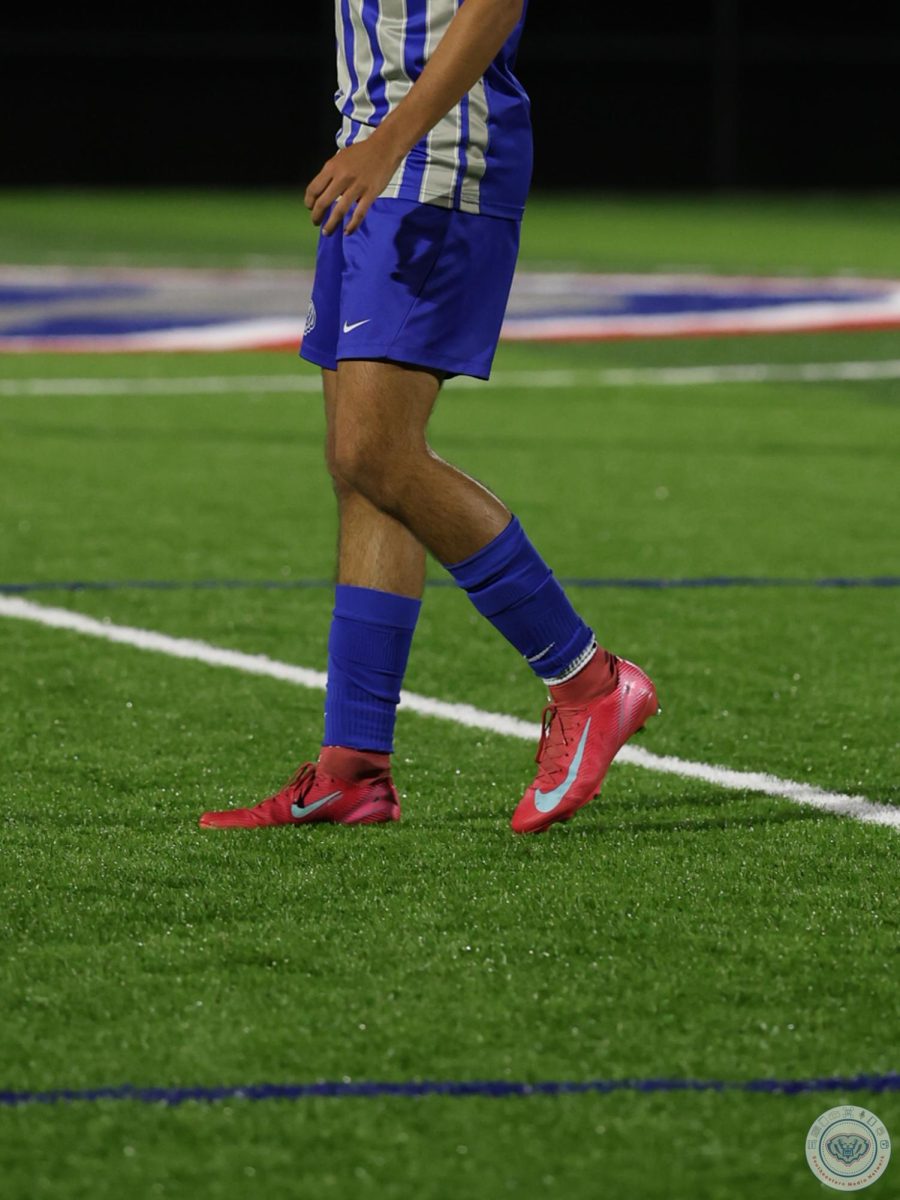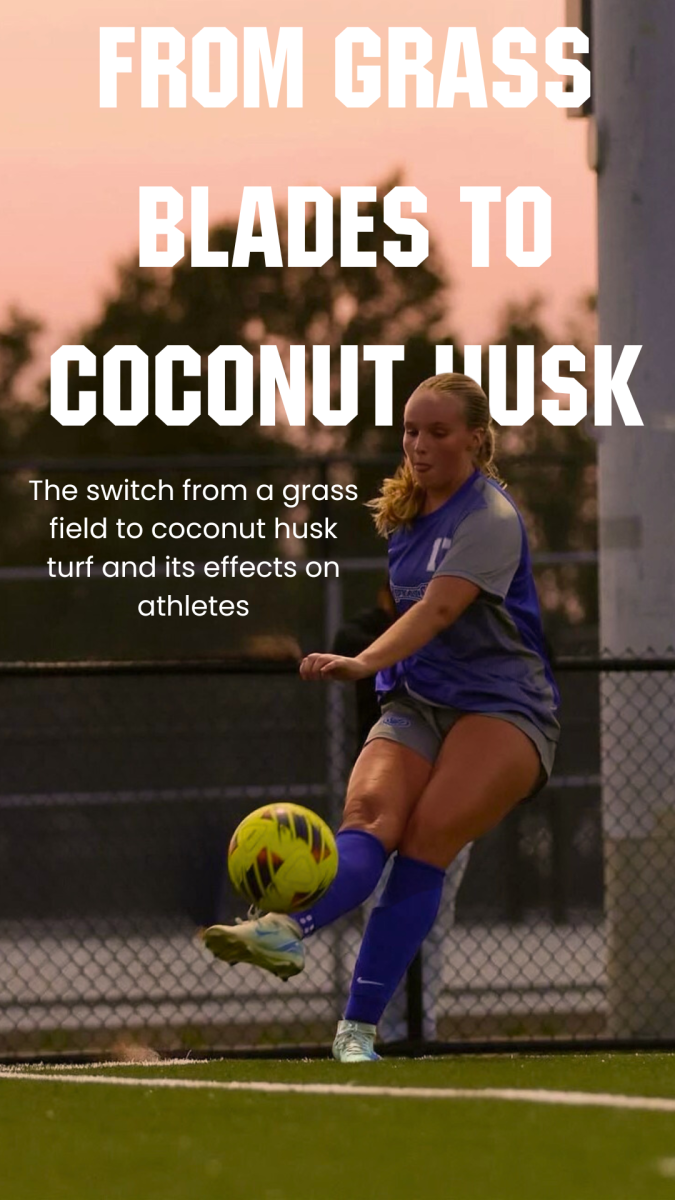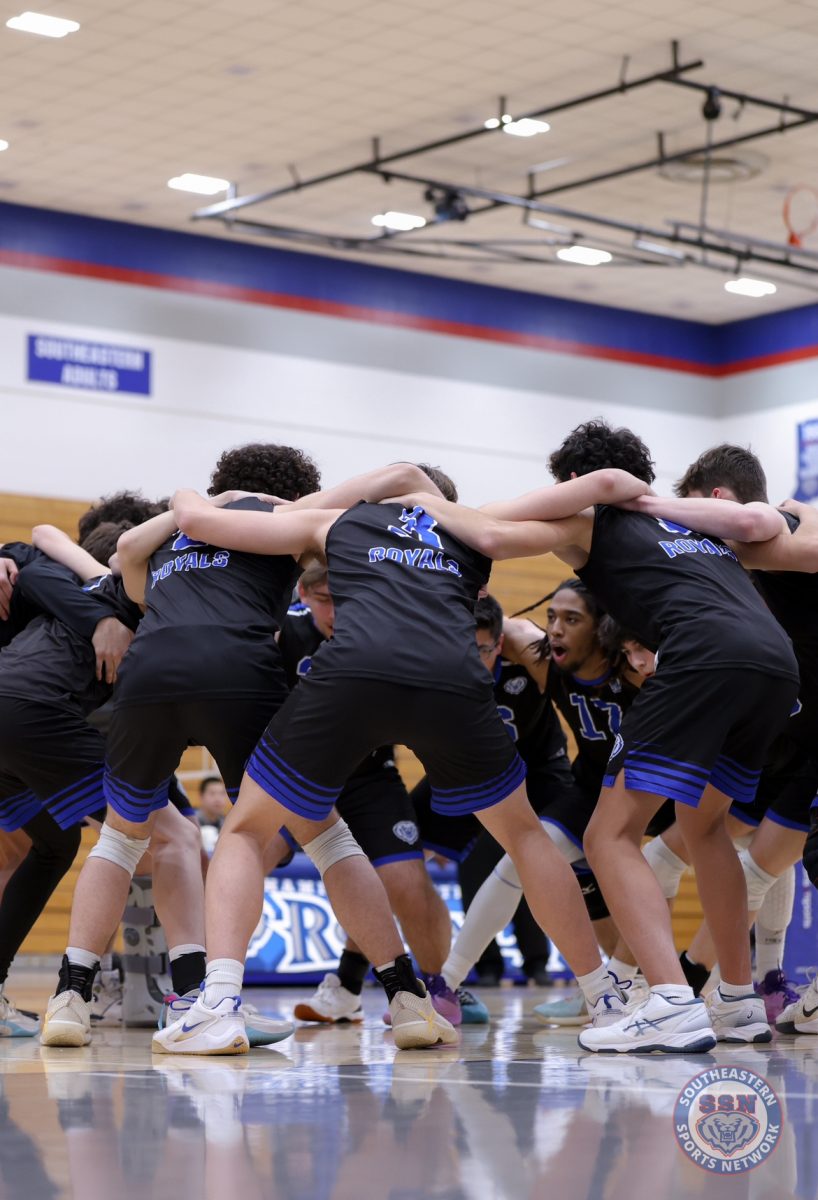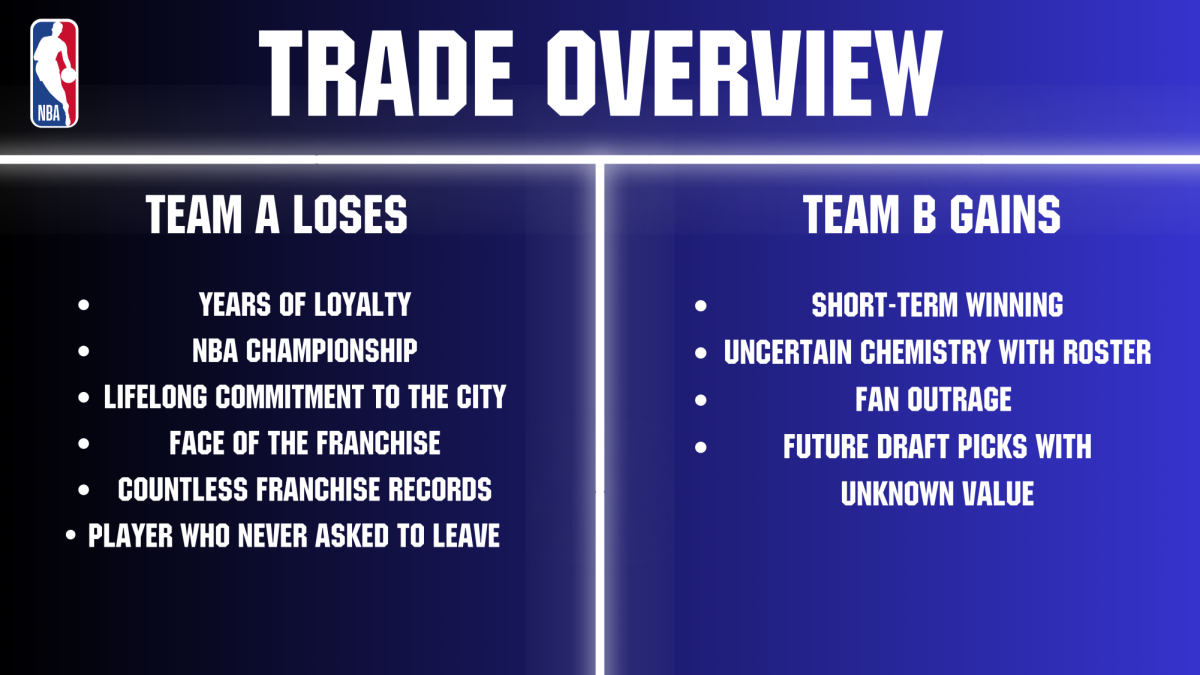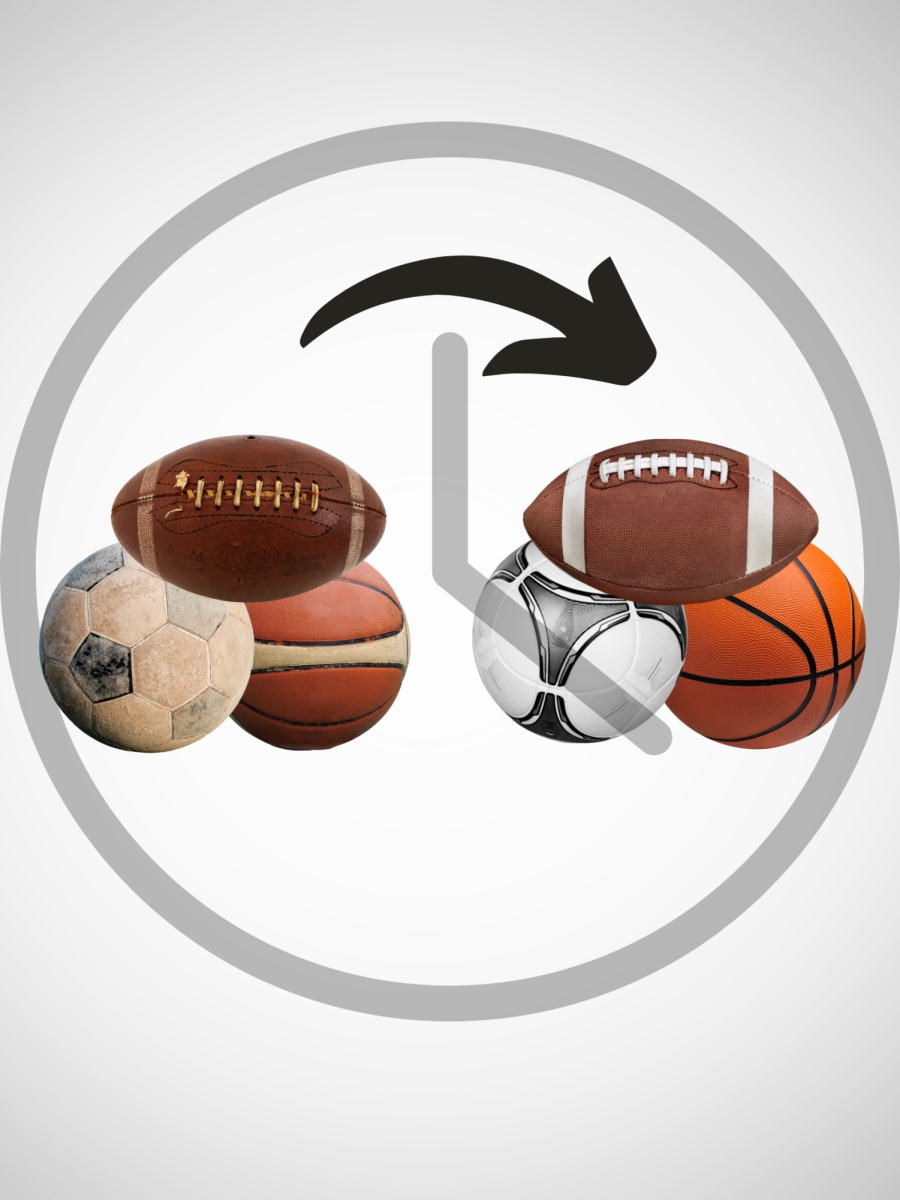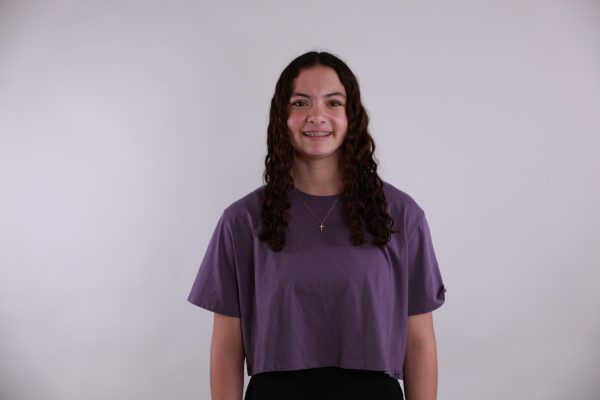Just two weeks before high school tryouts, freshman Sophia Feher was with her batting coach practicing when she dislocated her knee and knocked cartilage off her kneecap. The first doctor she saw said she would need surgery and face a nine-month recovery. But, after getting a second opinion, there was hope. The new doctor offered a less invasive procedure that would cut her recovery time to just one month. Though her family and coaches were frustrated that all her hard work might be put on pause, Feher didn’t let the injury slow her determination.
“I felt more motivated and determined to get back on the field, knowing I would come back stronger and with even more gratefulness for the opportunities I was given,” Feher said. “I would go to PT in the morning before school so I could still show up to practices and games to support the team.”
When Feher returned to the field one month after the surgery, she didn’t miss a beat. In fact, she came back stronger. In her first stretch of the season, she racked up seven hits, three runs, and posted a .368 batting average with a .400 on-base percentage. It didn’t take long for Head Coach Emily Pusti to notice.
“Sophia gives 100%,” Pusti said. “She will be quicker than a coach to correct herself, motivate herself to work harder, and compete.”
Feher’s work ethic started long before high school. Since she was little, she’s taken hundreds of grounders and swings each day. Most of her childhood was spent on the softball fields at Geist Elementary and Olio, where she built not only her skills but her confidence. Even though she’s only been on the team a few months, Feher has already formed strong bonds with her teammates. Fellow freshman Kaleah McCarter shared how much she values their friendship.
“She’s been a great teammate this season because she’s always quick to pick me up and always cheering on the field and in the dugout,” McCarter said. “She’s a great friend both inside and outside of softball.”
Feher continues to lead by example and push herself no matter the obstacle.
“Knowing you’re good because you practice in a private setting is different than proving it in public,” Feher said. “When you prove to others you are good, they believe in you, and their confidence in me also fuels my own confidence.”

